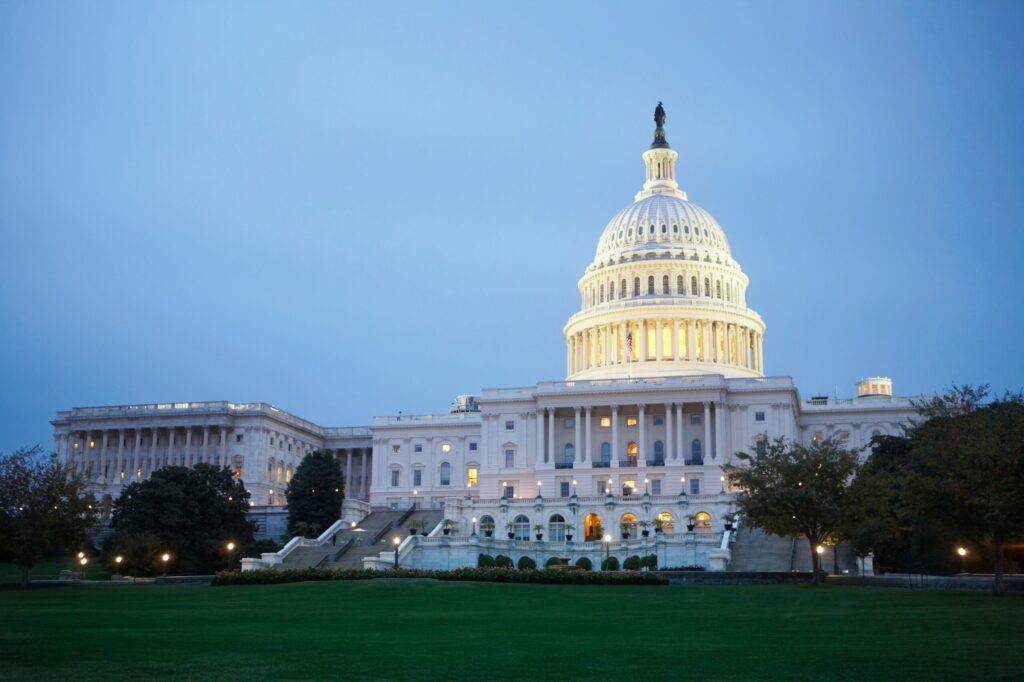As President Trump’s executive orders are now in full effect, the nation finds itself deeply divided over their implications. While many of the President’s supporters view these measures as crucial steps toward strengthening national security and spurring economic progress, detractors are voicing concerns over the potential consequences for marginalized communities and the overall fairness of the policies. The orders, which target a wide range of issues from immigration to environmental protections, have sparked protests and legal challenges across the country.
On one side, those who support the President’s policies argue that these executive actions are long overdue. For them, the measures are seen as a necessary response to perceived national security threats and the need to bolster America’s economic future. Proponents highlight provisions aimed at securing borders, reducing illegal immigration, and renegotiating trade deals, all of which are seen as critical for maintaining the nation’s stability and fostering growth. They also stress that these actions reflect the will of the American people, echoing the promises made during Trump’s campaign to enact swift and decisive changes.
However, the public reaction is far from unanimous. In cities across the United States, demonstrators have taken to the streets, calling for the reversal of some of the executive orders. A significant point of contention is the administration’s stance on immigration, with critics warning that certain measures could lead to the unfair treatment of immigrants and refugees. Environmental groups are also raising alarms, fearing that relaxed regulations will harm natural resources and public health. These concerns have fueled widespread protests, with crowds gathering in opposition to what they view as unjust policies that could negatively affect vulnerable populations.
The growing opposition has not been limited to street demonstrations. Legal experts predict that a number of the President’s executive orders will face intense scrutiny in the courts. Civil rights organizations, environmental advocates, and other groups are preparing to challenge the legality of some of the actions, particularly those seen as overstepping presidential powers or violating constitutional protections. Given the contentious nature of these orders, it is likely that legal battles will be drawn out, potentially delaying or modifying the implementation of some key measures.
As the nation grapples with the fallout from these executive orders, the future remains uncertain. The divide between supporters and opponents of the policies appears to be widening, and it is clear that both legal and public responses will play a significant role in determining the long-term effects of the President’s actions. While some view these moves as necessary and inevitable, others see them as harmful steps that could lead to lasting divisions in American society.


